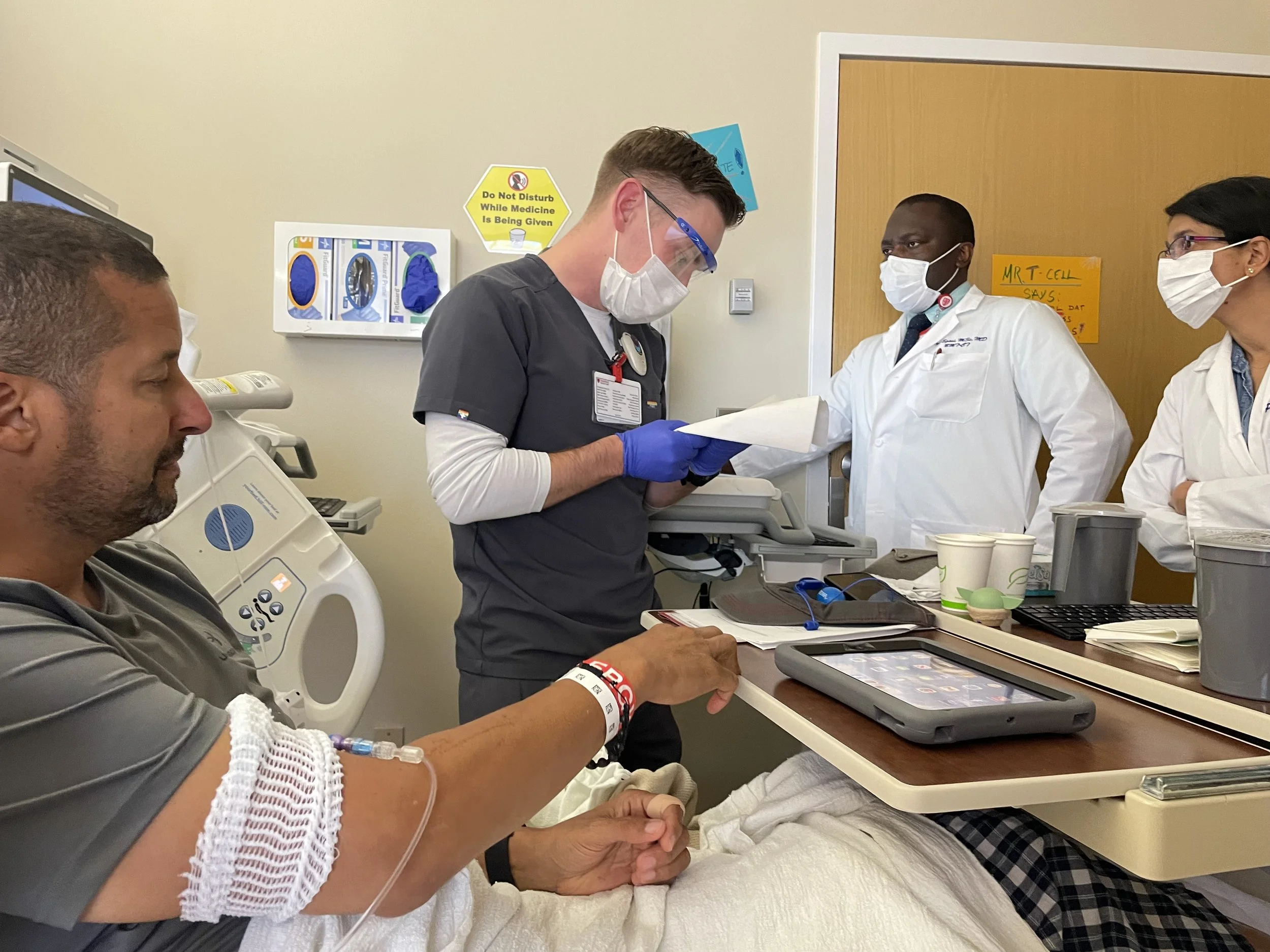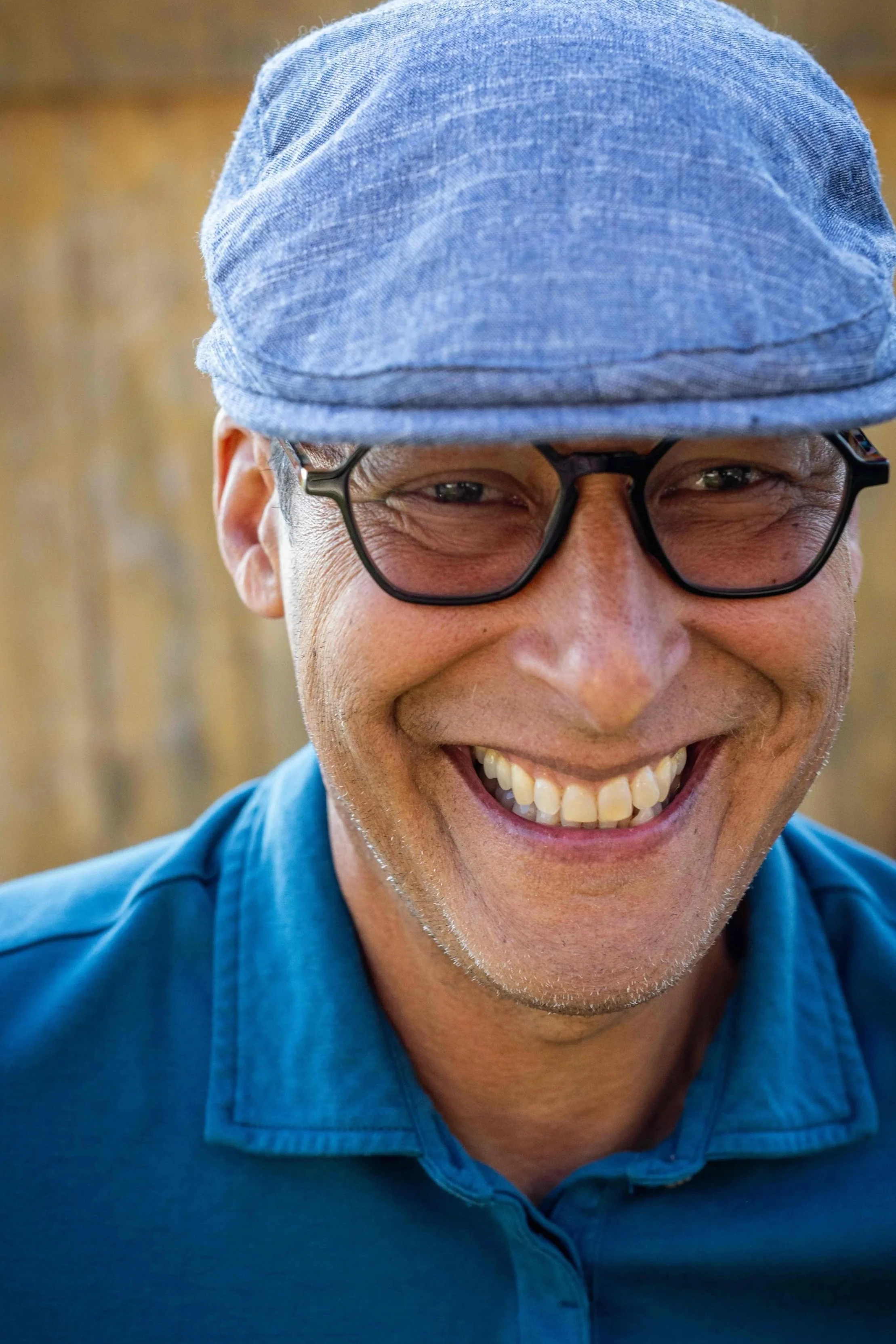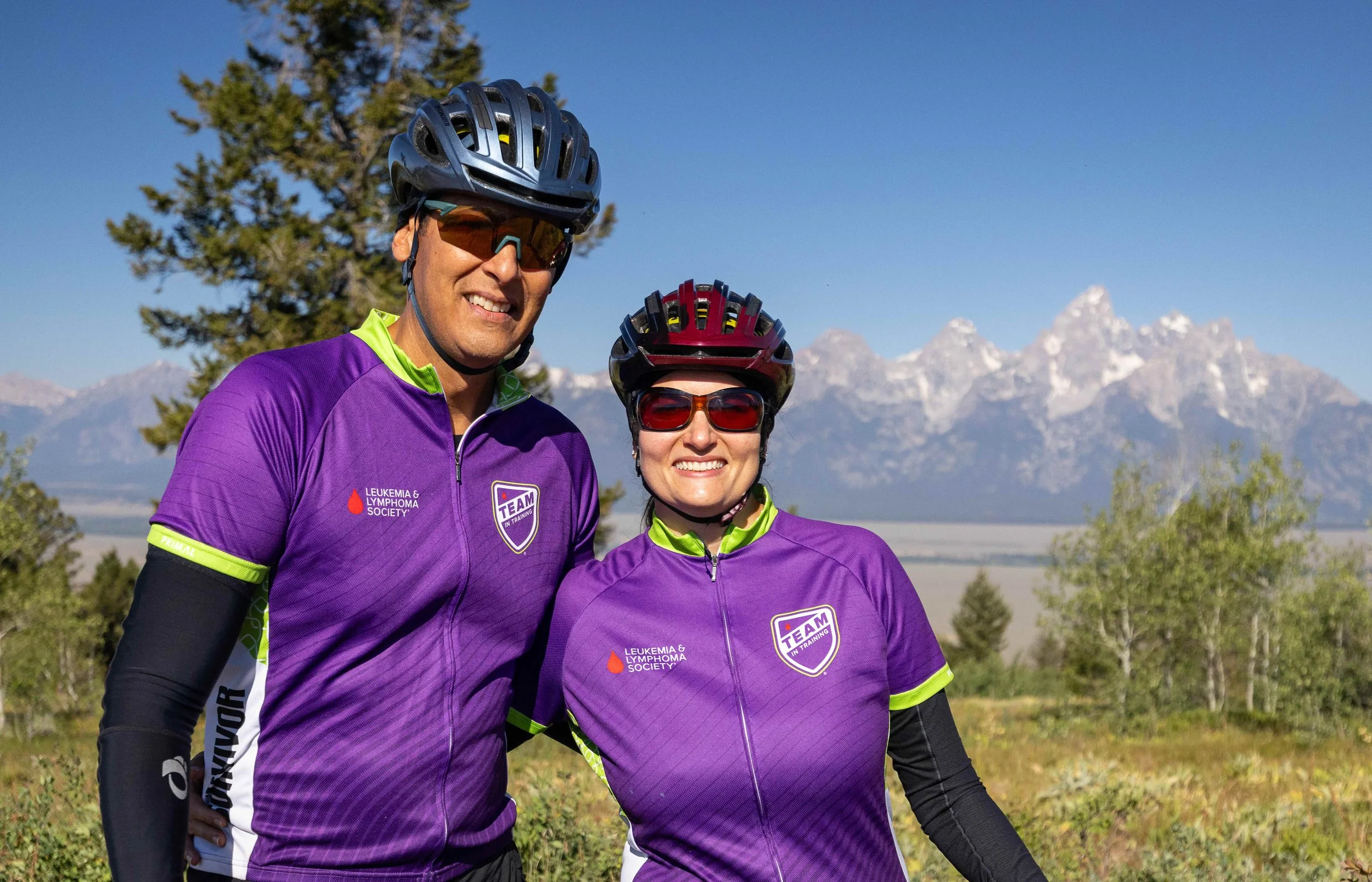F**k Cancer
"Diseases desperate grown
By desperate appliances are relieved,
Or not at all."
-William Shakespeare
Cancer has touched all of our lives. It is a constant, tragically relatable part of the human experience; science even tells us it is an inevitable part of aging.
In 2010, cancer claimed the lives of 7 million people around the world. One in two men will develop cancer in their lifetime... it's a looming spectre whose indiscriminate attacks can feel totally random at best—consciously malevolent at worst. Most recently for me, I lost a dear friend to metastatic colon cancer after a four year battle. We've all lost family and friends in heartbreaking, torturous ways. It f**king sucks.
And yet, as pervasive as it is in all of our lives, throughout human history our understanding of cancer has gone from a complete mystery, attributed to spiritual malaise (the Greeks thought it was caused by a “pathological blockade of humors”) and black bile, to the 20th century, when it was the subject of Nixon's "War on Cancer," trillions of dollars, reckless experimentation... and we still haven't "cured" it… which is sort of technically impossible, since it is as much a part of our biology as our stem cells.
"Cancer exploits the fundamental logic of evolution unlike any other illness. If we, as a species, are the ultimate product of darwinian selection, then so, too, is the this incredible disease that lurks inside us."
-Siddhartha Mukherjee, The Emperor of All Maladies
Technically, cancer is the uncontrolled growth of human cells: cells that just can't stop until they've taken over a healthy body. But "cellular division" is also the very thing that allows humans to grow into vibrant, complicated beings at the top of the food chain; it is an essential building block of all life. So it's painfully ironic that cancer has weaponized this essential mechanism of biology into the most lethal and misunderstood villain against our longevity.
Maurice Hatchett prepares for CAR T-Cell Therapy at Stanford Medical
"Cancer is a phenomenally successful invader and colonizer in part because it exploits the very features that make us successful as a species or as an organism... exploiting the fundamental logic of evolution."
-Mukherjee
The worst thing about cancer isn't death—it's dying. The moment of expiration is often painless, some even think euphoric. But the protracted process of dying is what makes cancer so ugly and terrifying, for the patients and their loved ones.
Part of this is because the treatment options are terribly arduous... For a long time, cancer treatment was so barbaric and heinous that it was often considered better for the patient to abstain... to let the cancer run its course without intervention. Bleeding and purging rituals led to grotesque surgical procedures by twisted "barbers" with serrated swords, chopping off body parts with experimental abandon; this led to radiation treatment, discovered from toxic radioactive paints, which actually caused cancer before it was harnessed as a therapy; this led to chemotherapy, discovered from the Mustard Gas used in World War 1... It was all pretty low tech and crude, and didn't see much fundamental improvement in the 20th century—until recently with the modern advent of Immunotherapy.
Much of what I've just written, I learned recently—after I was hired to direct a documentary campaign about "CAR T-Cell Therapy," a revolutionary new immunotherapy that targets blood cancers by weaponizing the body's own immune system to attack cancerous cells. Learning from (of all things) the HIV virus, scientists figured out how to hijack white blood cells, the way the AIDS virus does, and teach it to attack very specific cells within the body—such as cancer. It's nothing short of a miracle, and it's just the beginning.
The "miracle" was discovered by Dr. Carl June, oncologist at the University of Pennsylvania in Philadelphia. We had the honor to go and visit with Dr. June at his office in Philly and interview him for the film. He’s a rock star.
Which brings us to Maurice, the main subject of the campaign and now a good friend. We case a wide net for potential subjects, knowing all along that Maurice was the obvious choice... but you know... due diligence. Maurice's charisma, zest for life, and incredible way of articulating his cancer and treatment experience was unmatched. We tried to make that the central focus of the film.
Recovery Ride follows Maurice before, during and after his successful treatment with CAR T-Cell therapy for his Multiple Myeloma cancer. I don't want to spoil much else, except to say that there was so much more to Maurice's story that we didn't have space for in this film, and hope to work with him more in the future, as his incredible story starts generations ago and continues into the future.
Hopefully long into the future.
As a final note, it is important to remember that while new immunotherapies like CAR T-Cell are totally revolutionary for specific cancers, much progress has been made in treatment outside lymphoma, leukemia and multiple myeloma. In fact, from 1990 to 2005, the death rate for a cancer diagnosis dropped by 15%. This is huge, due entirely to the tireless work of doctors, scientists and researchers over the last several hundred years who have built on the scientific process, generation after generation. Ultimately, because of its complexity and innateness, cancer treatment will always require a broad spectrum approach—a case by case methodology with a deep quiver of tricks that must be expertly combined, iterated and timed. There is no single silver bullet, no one panacea. But through the work of these varied disciplines there might be hope. Who knows what kind of future immunotherapy alone will hold, but the same could be said for many other exciting modalities.
As tragic as every loss is, there is so much room for hope.


















